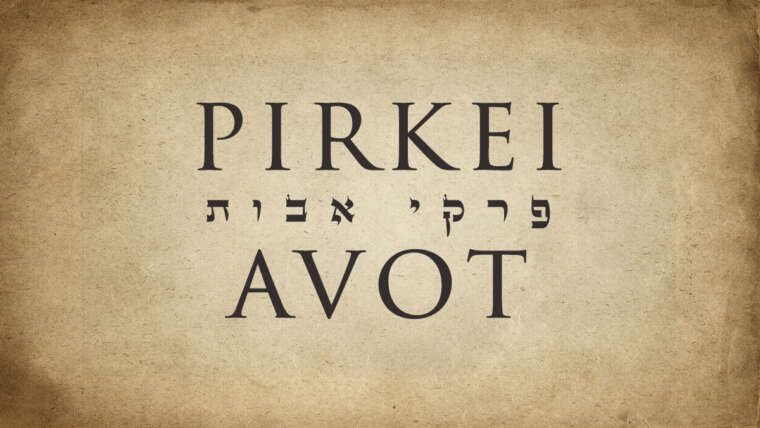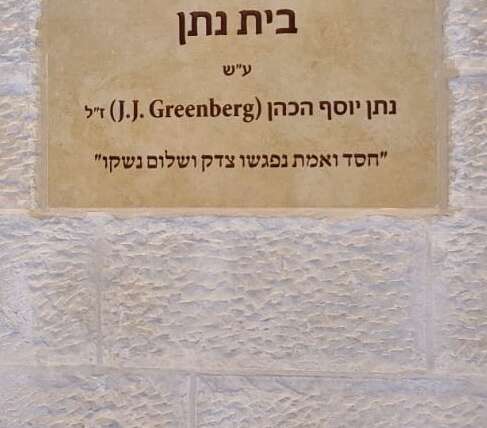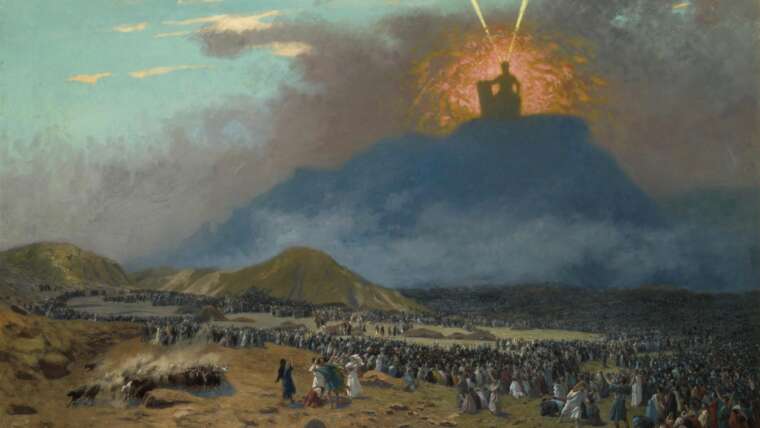Join us online for a weekly study exploring the ethical and philosophical teachings of our Rabbis of old. Click here for the Zoom link. Tuesdays at noon (12 PM) for about 30 minutes.


Click here for announcements for the week of October 11th – 18th. Includes a list of our new fall classes.

Shir Hadash is located in Beit Natan, our beautiful home overlooking the Moon Grove (Chorshat HaYa’reach) on the border of the German Colony and Talbiya neighborhoods. Beit Natan is named after J.J. Greenberg (Natan Yosef), a power-house of Jewish activism who served as executive director of the New York-based Jewish Life Network since its inception, where he helped develop such…
Below are the people who have reserved seats for themselves and/or their families in one of our three Rosh Hashana morning minyanim. Evening tephillot do not require reservations. If your name is absent and you believe it is a mistake, please e-mail shirhadash613@gmail.com immediately. Adi Covitz alan schuchalter Alice Weisz Aliyah Schneider Amalya Shulman Arnie & Leah Rotter (supercedes prior…

To ensure your safety and the safety of others, please familiarize yourself with the following site map and traffic flow. FOR MINYAN 1 (7:30 – 10), the men’s sections are 1, 2 and 3; the women’s sections are 4, 5 and 6. FOR MINYAN 2 (10:30 – 12), the men’s sections are 1 and 3; the women’s sections are 2,…

Please find attached the source sheet for Wednesday, September 9 Yahrzeit Shiur by Rabbi Pear.

The weekly bulletin for Parshat Ki Tavo (September 4th – 11th) includes details on new Shabbat arrangements, Rosh Hashana Tephillot, a special yahrzeit shiur and more. Click here to read the weekly bulletin.

“Scholarship has indicated that Jewish responses to evolution have been numerous and did not always play out as might have been expected.”

TIKUN LEIL SCHEDULEOur all-night learning program will take place this year at our new building located at Yakov Rubin Street #1. Seats will be properly distanced and masks are required to be worn at all times inside the building. Refreshments – served via waitstaff – will be provided during the course of the night. Reservations may be made for any particular…

This week’s announcements, including the schedule for our tikun leil Shavuot: Click Here.
